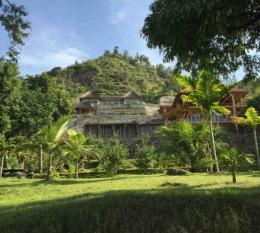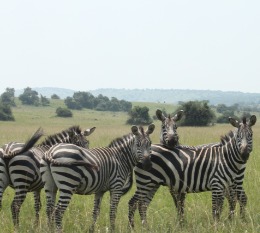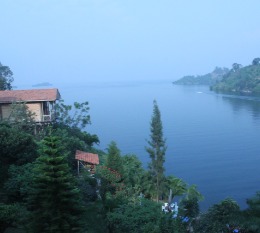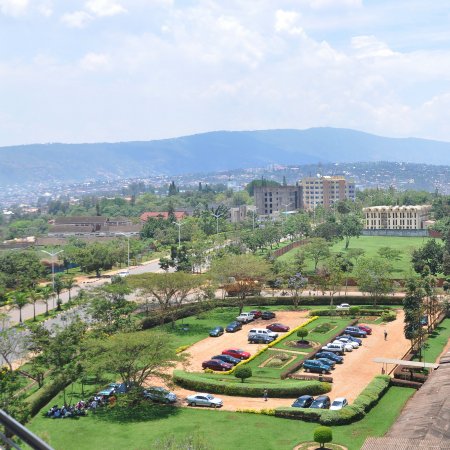
As is the case in other African countries, (a continent where 80% of international groups are currently investing), Rwanda relies heavily on tourism. But a type of tourism that respects thebeautiful landscapes that populate this country with “a thousand hills,” paying special attention to its nature reservesand one that strives to protect endangered species.“
Vatel’s model works because it associates theoretical courses and practical experience. Our budding tourist industry needs employees who bring in added value as soon as they begin working, meaning young people who have hospitality skill sets as well as being able to manage a team.”
Nicole Bamukunde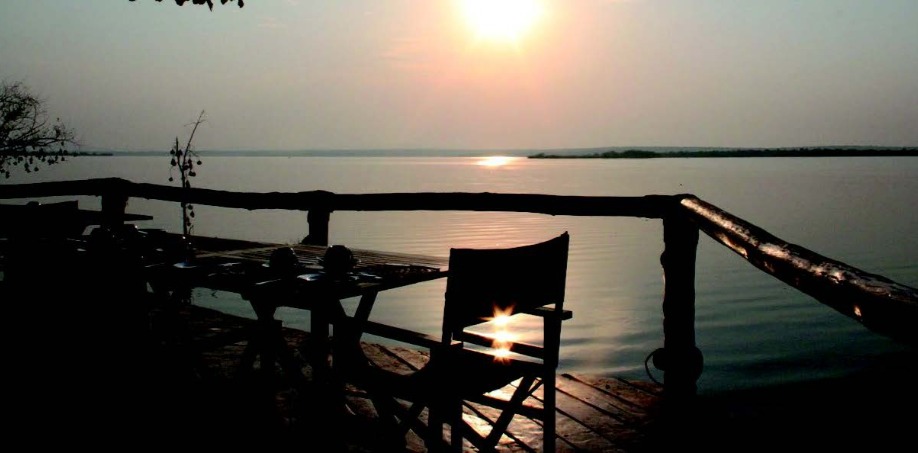
In 2018, we launched the Hanga Ahazaza project in Rwanda. With a 50-million-dollar budget, it aims to allow 30 million young Africans, especially young ladies, find decent jobs where they will prosper by 2030. Hanga Ahazaza, means “creatingyour future,” and it brings together partners from educational developmental and private sectors. For our first partnership stage, Vatel was chosen, for the key role it plays in education, its internationally recognized degrees in hotel management and the value of its professional development programs aimed at young professionals who already work in the hospitality industry andwho want to improve their skills.”
With Mastercard Foundation, our goal is to help over two thousand young Africans in the next five years so they can find quality jobs in their own countries; Tourism guarantees peace, in Rwanda, in Africa, and elsewhere.”
Nicole BamukundeRwanda is an attractive eco-tourism destination and is ranked the third greenest country in the world by the World Travel Guide. The country’s rich biodiversity includes majestic mountain gorillas in the north, mighty lions, stately elephants and graceful giraffes in the Savanah plains to the east, Africa’s oldest rainforests and panoramic tea plantations in the south and the picturesque turquoise waters of lake Kivu to the west.
